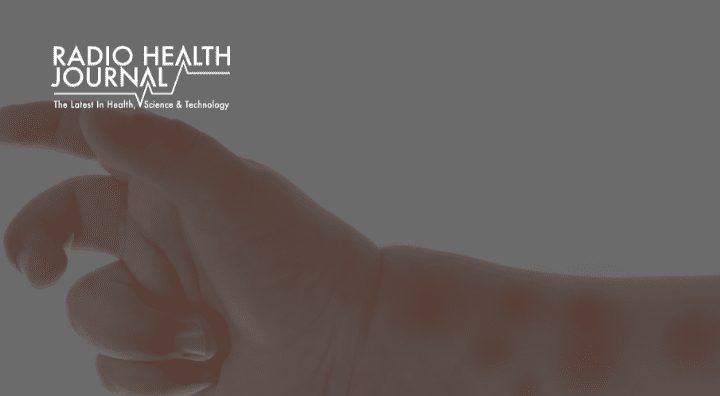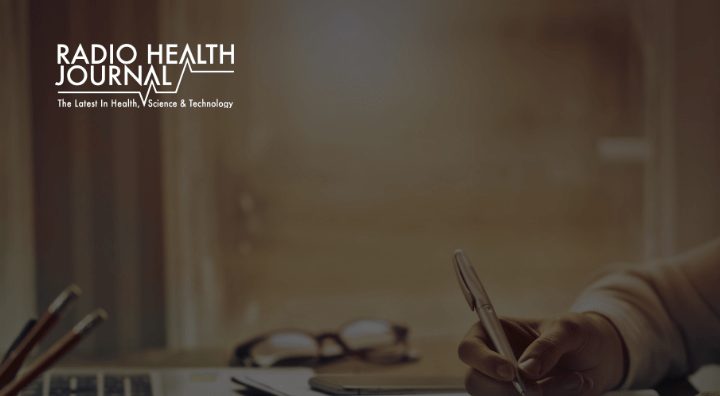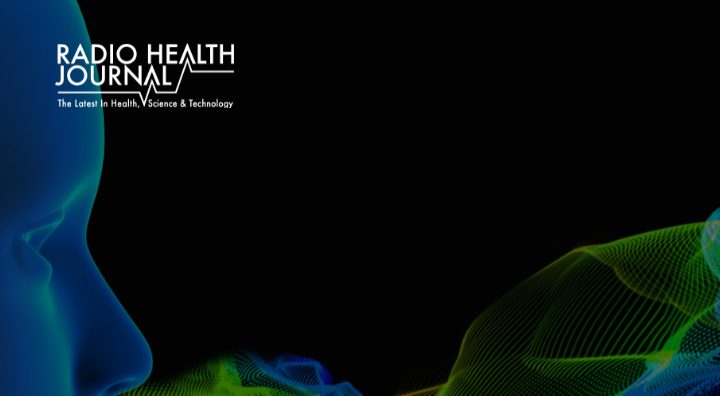Many teenage boys are labeled as lazy because they spend too much time online, playing video games or watching TV.. Dr. Adam Price, author He’s Not Lazy: Empowering Your Son to Believe in Himself, says these actually want to do well in school, but are afraid of failure. To deal with this pressure, and the issues that come along with it, they choose to opt-out. They choose activities that don’t give them anxiety like school does.
Dr. Adam Price says kids need to be internally motivated to put more energy into school, and suggests an approach using the three Cs. The first is Competence, the belief you can do something motivates people to want to do it. Teach students the growth mindset — meaning that you can always get better, and there is no limit. The second C, Control, involves allowing the student to take control of some choices as long as they also deal with the consequences. The third C is Connection, meaning that the adult needs to listen to the teenager, to understand and respect them.
Dr. Price also says that parents should let kids fail because that is how they learn. When the parents become more comfortable with failure and uncertainty, it allows their kids to grow and become successful adults.
Guest Information:
- Dr. Adam Price, author, He’s Not Lazy: Empowering Your Son to Believe in Himself











Leave a Reply